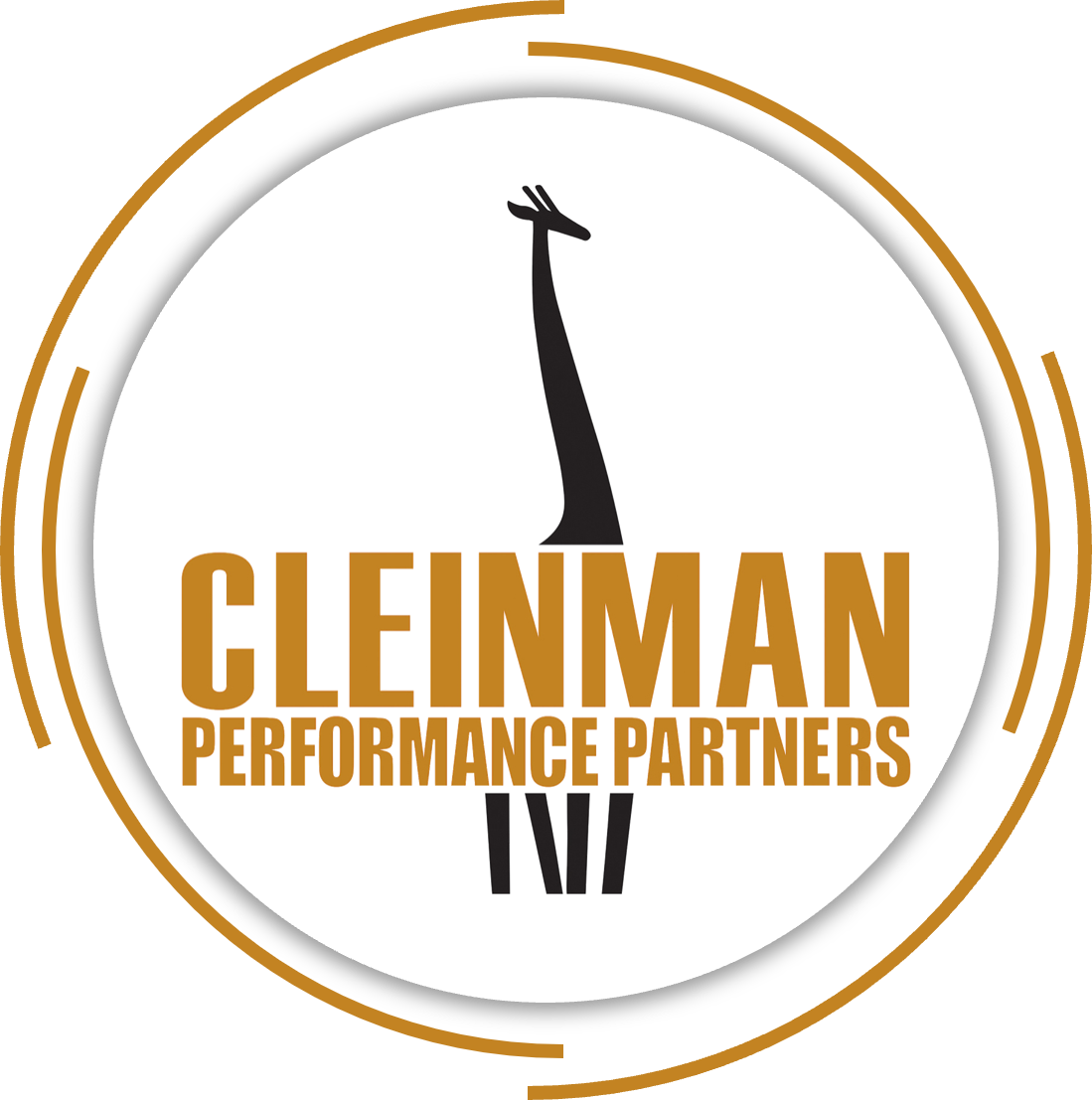At the recent Global Leadership Conference, "we need to grow the pie" was a common theme that emerged from many of the speakers. On the one hand, I chuckled because this is something I've been saying for many years (and, through our work at Cleinman Performance Partners, accomplishing). On the other hand, I'm pleased that there seems to finally be emerging a consensus that the industry must pool its resources and focus attention on market growth vs. individual companies battling it out over their piece of a static pie. I've often said that ours is a $60 billion dollar industry that's still at adolecense, generating less than half its current potential. Why, with all the technology and increased distribution that has emerged in the past decade, has our industry been flat for many years? This seems ludicrous to me when our clients revenue growth is, on average, about 3 times the rate of inflation. Where's the disconnect?
I offer up a few observations and suggestions:
a) Until we improve the customer care and service acumen of the employees and professionals who work in the industry, much of the investment at the top may be wasted or worse. You can't grow an industry with just top down effort. Successful practices, and outstanding employees, are developed one at a time.
b) The typical consumer thinks of their eyewear purchase experience at about the level of buying a used car…"everyone's got a deal and I better be focused on what deal I'm getting." The major promotions in our industry can be summerized as price oriented (BOGO, 50% discounts, etc.). And now, individual consumers can buy "vision care insurance" that provides one thing and one thing only…a discount. The consumer has lost trust as a result. In the absence of anything else, price prevails. We must focus our efforts on selling benefits vs. price.
c) Until we make our individual retail positions "careers," we will face a continued revolving door of employees. Ours is a technical industry and requires significant training. We must convince the ECP to invest in staff and staff training (and provide adequate margins to do so). Contrary to popular belief, maintaining <20% payroll costs is NOT a KFS (Key Factor of Success).
d) It's obvious that the product side of our industry thinks "managed care" is a significant answer to growing the market. Sure, providing eyecare and eyewear as an employee group benefit is a reasonable growth strategy. But providing those benefits at every decreasing reimbursement levels (as adjusted for inflation) is the kiss of death. Our studies clearly show that ECP income has NOT kept up with inflation over the past decade. Managed Care brokers can't drive margins to a level that won't allow reinvestment. ECPs have to invest tens of thousands of dollars annually to maintain the quality of the patient experience (training, instruments, technology, facilities, etc.) and that investment is increasing as new technologies (which help improve the health of our populace) are introduced. If the Managed Care Powers don't drive reimbursement levels up to support these investments, the entire industry will lose as the patient experience erodes.
f) The industry doesn't appear to understand its own customers. In the product and insurance world, there are significant economies of scale. A frame company can increase it's production with more machine and multiple shifts. Insurers can process more claims by shifting work to the providers and improving technologies. However, ECPs don't realistically have these same opportunities. The average ECP can handle about 2000 patients per year. Top Performers (the docs on roller skates) can handle 5000 patients a year, no more and remain healthy. All the technology in the world can't replace that which is the lifeblood of our industry…personalized…really personalized…service. Without the time and margins to provide such service, all of the great frame, lens, contact lens and other technology that the supply side introduces can't make it through the time bottleneck. Reimbursements levels are driving down margins which can't readily be made up on volume!
e) Want to improve the patient experience and unleash the power of competition at the same time, eliminate "closed" systems. Remove restrictions for Providers on using the plans frames and the plans lab. The "law of the marketplace" will ensure quality and value and eliminate huge amounts of provider animosity toward these restrictive plans. More providers will return to providing edging services on site (read "service"). The consumer, and our industry's brand, will benefit as a result.
f) Eliminate required discounts on multiple pair sales for managed care patients. That forces the use of a percentage discount as the only offer possible. Open the door for more creativity in promotions (a Gucci bag, Movie Tickets, etc.). This discounting has only resulted in a deterioration of value of our industry's brand (see B above) and certainly hasn't improved multiple pair sales.
g) The industry appears to lump the entire ECP community together in one big bucket. The reality is that there's a HUGE difference in the quality fo the patient experience location to location. Our industry's brand is determined by these experiences.
h) Understand that it's the overall patient experience that drives the value quotient, just as in any other similar business (ex; the restaurant business). Every ECP has access to the same frames, lenses, contacts, instruments, etc. What makes the difference? It's all about the doc, the staff and the office environment…build the value of the patient experience and our industry will build the value of its brand.
The industry appears to be preparing to invest potentially hundreds of millions of dollars in consumer promotion to drive market growth. That's likely a good thing. But that effort could well back-fire if the entire delivery system isn't healthy, trained, motivated and philosophically alligned.
